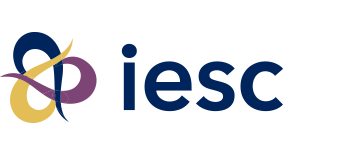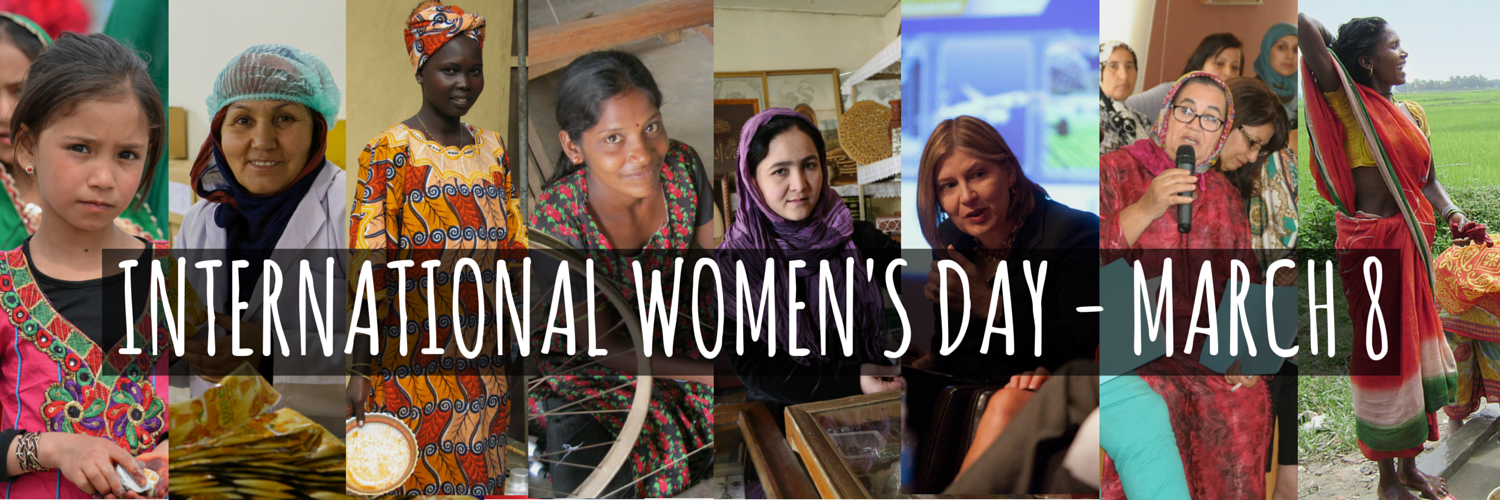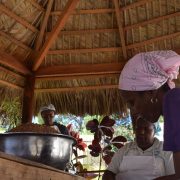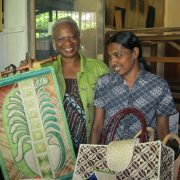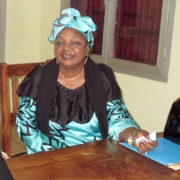The Far-Reaching Benefits of Women’s Economic Empowerment
The Far-Reaching Benefits of Women’s Economic Empowerment
By Aissata Traore
 |
Nour Haddad’s* family struggled to make ends meet. With the average teacher’s salary in Lebanon around $900 a month, supporting a family of ten on her husband’s income alone was a challenge. Nour wanted to open a flower business to help support her family. But with limited resources, little family support, and a culture that reinforces women’s role as homemakers, she had few options.
Nour’s story is not unique. We know the numbers by now:women grow half of the world’s food, but only own two percent of its land, and their labor force participation rates continue to trail men’s. When they do participate in the economy, they often face discriminatory laws and practices. From needing a man’s permission to open a bank account, to being legally required to obey their husband, women are often playing a game with the cards stacked against them.
Nour was lucky; she turned to a bank that was partnered with IESC’s Lebanon Investment in Microfinance program and received a business loan. Her enterprise quickly grew from one to five stores. Her earnings financed her family’s new home and her daughters’ university studies.
For Nour, starting a business enabled her to assert her independence, support her family, and build her confidence. But not all women have that opportunity. So how can development help women like her find the tools they need to overcome gender inequality’
“A woman is economically empowered when she has both the ability to succeed and advance economically and the power to make economic decisions.”
– International Center for Research on Women, “Understanding and Measuring Women’s Economic Empowerment” (2011)
The first step is to stop thinking that ‘gender’ equals ‘women.” Gender is about how society defines people’s roles and responsibilities based on sexual differences. What that means is that empowering women goes beyond giving them loans or tools for their farms; it requires tackling the underlying reasons that people lack equal access to resources. This view of gender highlights the significant role that men have to play in advancing equality. Changing societal relationships can’t happen if half the population isn’t on board. That’s why development organizations have a responsibility to examine the status and roles of all genders in our programs.
Recently, IESC conducted a gender analysis for our Mali Finance for Food Security and Women Entrepreneurs Program. We asked men and women about everything from their experiences in business, to which family members make financial decisions. Talking to all genders, and learning about the relationships between them in the home and economy helped us understand what drove differences between their businesses. We learned, for example, that 70 percent of men lived in a home where a wife did most of the domestic work. Though women didn’t feel burdened by chores, their comments revealed that housework is a woman-specific burden that limits their economic potential. By identifying the root causes of gender inequalities in business, we can now implement a program that tackles the causes of these imbalances, and not just the symptoms.
Gender inequalities affect almost all aspects of women’s lives, making it impossible for one organization to tackle them all simultaneously. The pervasiveness of inequality, however, is a blessing in disguise. It means that all development organizations, no matter which sector they work in, can promote gender equality.
This is good news, because we know from experience that empowering women in one domain or sector can advance equality in many others. Increasing women’s financial contributions to the home, for example, increases their voice in household decisions, lessens their vulnerability to domestic violence, and contributes to keeping their children in school longer. It gives them the power to assert their independence and agency in the home and broader community. That is why it is vital that all development organizations examine their programs’ impacts on gender relations, regardless of whether or not their work is woman-focused.
Women who have the tools and freedom to participate in the society and economy on equal terms with men are models for future generations. They reshape gender norms and ideas about what women are capable of. When development organizations do their work right, they can replicate Nour’s story, showing us that gender equality is not just good for women; it’s good for all of us.
*Name changed to protect privacy
This blog was written as part of IESC’s International Women’s Day 2016 campaign. To view all posts related to this campaign, click here.
